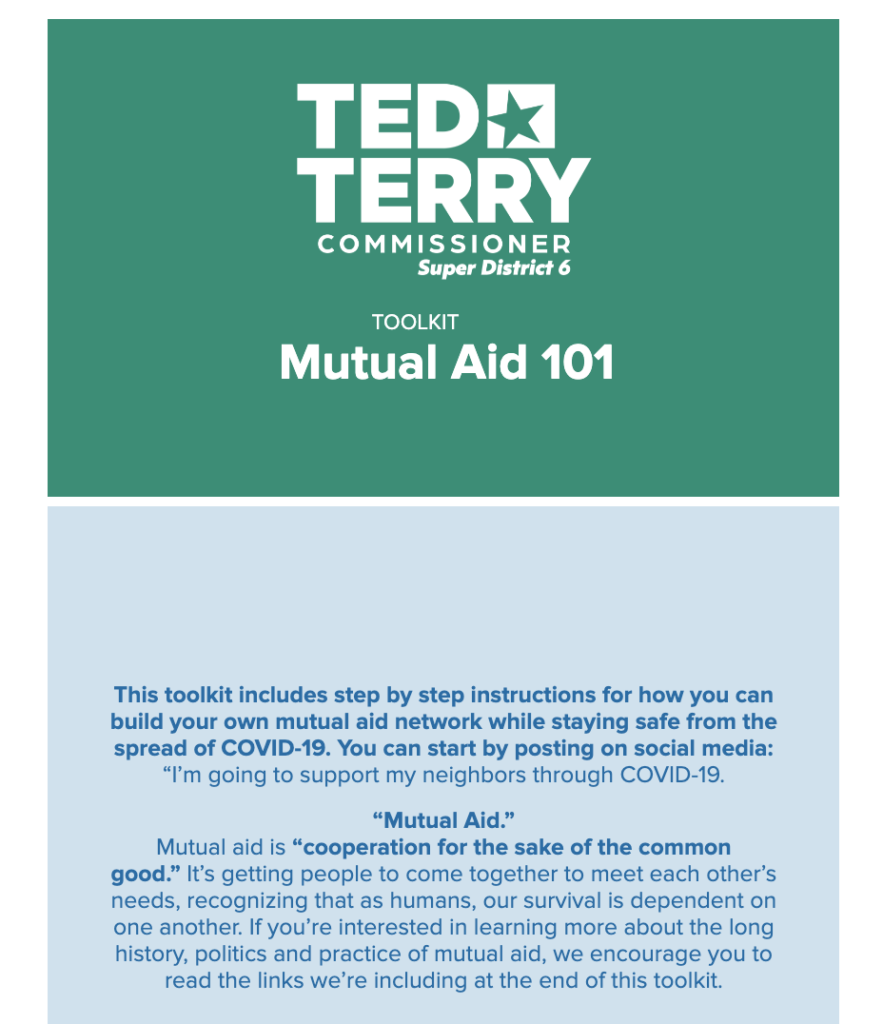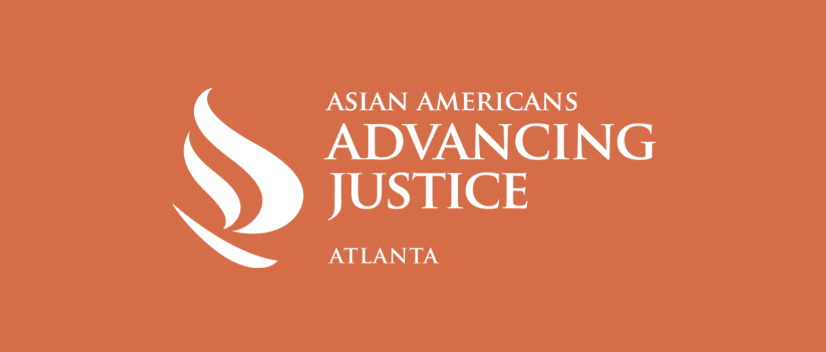Webinars
Watch CDC officials and frontline communities discuss the impacts of COVID-19 and how to access resources.
COVID-19 and the economic fallout have devastated so many families. Daily life as we know it has changed. For some, it will never be the same.
This page includes resources on how to help and where to get help in the community.
Watch CDC officials and frontline communities discuss the impacts of COVID-19 and how to access resources.
This toolkit includes step-by-step instructions for how you can build your own mutual aid network while staying safe from the spread of COVID-19.
A mutual aid network is a community of people that support one another through resource sharing.


Yes. All currently authorized and recommended COVID-19 vaccines are safe and effective, and CDC does not recommend one vaccine over another. The most important decision is to get a COVID-19 vaccination as soon as possible. Widespread vaccination is a critical tool to help stop the pandemic.
People should be aware that a risk of a rare condition called thrombosis with thrombocytopenia syndrome (TTS) has been reported following vaccination with the J&J/Janssen COVID-19 Vaccine. TTS is a serious condition that involves blood clots with low platelet counts. This problem is rare, and most reports were in women between 18 and 49 years old. For women 50 years and older and men of any age, this problem is even more rare. There are other COVID-19 vaccine options available for which this risk has not been seen (Pfizer-BioNTech, Moderna).
Learn more about your COVID-19 vaccination, including how to find a vaccination location, what to expect at your appointment, and more.
Related page:
After getting vaccinated, you might have some side effects, which are normal signs that your body is building protection. Common side effects are pain, redness, and swelling in the arm where you received the shot, as well as tiredness, headache, muscle pain, chills, fever, and nausea throughout the rest of the body. These side effects could affect your ability to do daily activities, but they should go away in a few days. Learn more about what to expect after getting a COVID-19 vaccine.
Related page:
We don’t know how long protection lasts for those who are vaccinated. What we do know is that COVID-19 has caused very serious illness and death for a lot of people. If you get COVID-19, you also risk giving it to loved ones who may get very sick. Getting a COVID-19 vaccine is a safer choice.
Experts are working to learn more about both natural immunity and vaccine-induced immunity. CDC will keep the public informed as new evidence becomes available.
Related page:
Vaccine ingredients can vary by manufacturer. To learn more about the ingredients in authorized COVID-19 vaccines, see
Related pages:
The federal government is providing the vaccine free of charge to all people living in the United States, regardless of their immigration or health insurance status.
COVID-19 vaccination providers cannot:
COVID-19 vaccination providers can:
No. COVID-19 vaccines do not change or interact with your DNA in any way.
There are currently two types of COVID-19 vaccines that have been authorized for use in the United States: messenger RNA (mRNA) vaccines and viral vector vaccines.
The Pfizer-BioNTech and Moderna vaccines are mRNA vaccines, which teach our cells how to make a protein that triggers an immune response. The mRNA from a COVID-19 vaccine never enters the nucleus of the cell, which is where our DNA is kept. This means the mRNA cannot affect or interact with our DNA in any way. Instead, COVID-19 mRNA vaccines work with the body’s natural defenses to safely develop immunity to disease. Learn more about how COVID-19 mRNA vaccines work.
Johnson & Johnson’s Janssen COVID-19 vaccine is a viral vector vaccine. Viral vector vaccines use a modified version of a different, harmless virus (the vector) to deliver important instructions to our cells to start building protection. The instructions are delivered in the form of genetic material. This material does not integrate into a person’s DNA. These instructions tell the cell to produce a harmless piece of virus that causes COVID-19. This is a spike protein and is only found on the surface of the virus that causes COVID-19. This triggers our immune system to recognize the virus that causes COVID-19 and to begin producing antibodies and activating other immune cells to fight off what it thinks is an infection. Learn more about how viral vector vaccines work.
At the end of the process, our bodies have learned how to protect against future infection from COVID-19. That immune response and the antibodies that our bodies make protect us from getting infected if the real virus enters our bodies.